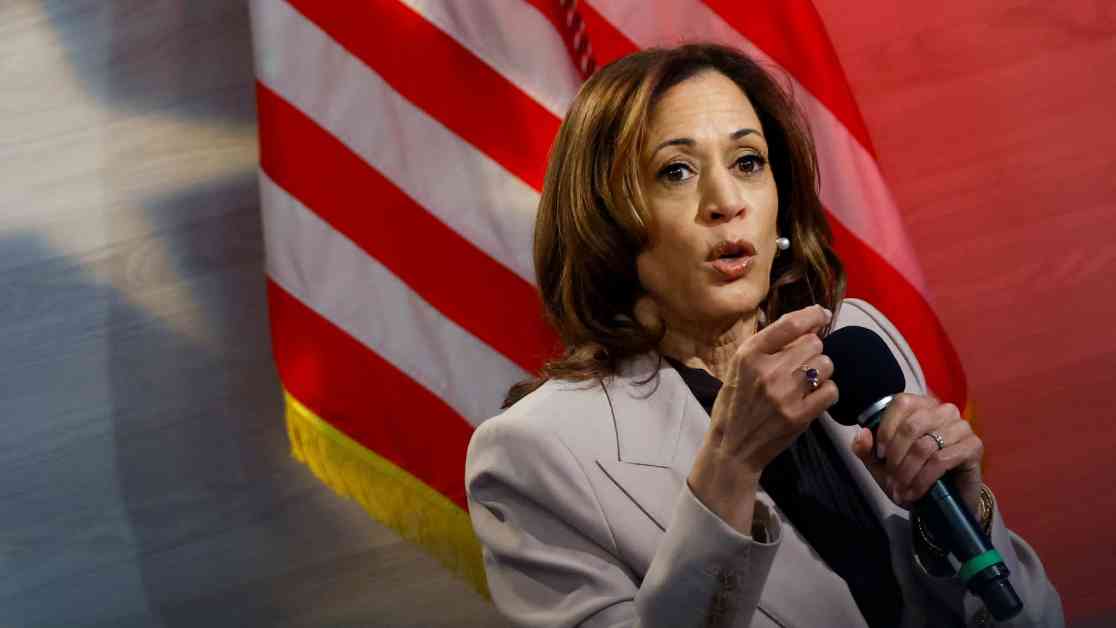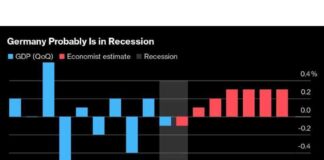Addressing the Concerns of Black Men Voters
Democratic presidential nominee and U.S. Vice President Kamala Harris recently spoke at the National Association of Black Journalists in Philadelphia, where she emphasized the importance of earning the vote of Black men rather than taking it for granted. Harris acknowledged the growing support for Republican former President Donald Trump among young Black men and outlined her economic proposals aimed at addressing their specific needs.
“I think it’s very important to not operate from the assumption that Black men are in anybody’s pocket,” Harris said during the interview. “I’m working to earn the vote, not assuming I’m going to have it because I am Black.”
A recent poll by the NAACP revealed that over a quarter of Black men under 50 years old support Trump over Harris. To counter this trend, Harris has focused on presenting an economic argument that resonates with Black male voters. She highlighted her “economic opportunity tour focused on Black men,” which she undertook even before her presidential candidacy. Harris also emphasized her efforts to increase access to startup capital by channeling billions of dollars into community banks.
“We have so many entrepreneurs in the community who do not have access to capital, but they’ve got great ideas, an incredible work ethic, the ambition, the aspiration, the dream … but don’t have the relationships, necessarily,” Harris explained. She proposed measures such as a $50,000 small business tax deduction and the elimination of medical debt from credit scores to tackle the economic disparities within Black communities.
Challenges and Opportunities for the Democratic Party
Harris’s focus on addressing economic disparities among Black men reflects a broader strategy to shore up support among key demographic groups. The Democratic Party faces distinct vulnerabilities in this election cycle, including public perceptions of the economy and the shift of young Black male voters towards the Republican camp.
Before Harris joined the Democratic ticket, polls indicated that 25% of Black voters aged 18 to 49 favored Trump over Biden. This shift in support raised concerns among Democrats, especially considering that Biden had secured 92% of Black votes in the 2020 election. The prospect of losing a significant portion of prime voting age Black adults to the Republican party prompted Democrats to re-evaluate their outreach strategies.
Trump’s appeal to Black voters in this election cycle is partly attributed to nostalgia for the pre-Covid economy under his administration. As the Biden-Harris administration grapples with high living costs and economic recovery post-pandemic, Harris’s emphasis on economic relief aims to attract support from Black voters.
Trump’s Controversial Remarks and Harris’s Response
In contrast to Harris’s focused policy proposals, Trump has faced backlash for his divisive rhetoric and controversial comments regarding race. During his NABJ appearance, Trump criticized Harris’s racial identity and referred to her as a “DEI hire,” drawing criticism from both Democrats and Republicans for his remarks.
Harris condemned Trump’s behavior, describing it as “the same old show” characterized by divisiveness and disrespect towards the American people. She emphasized the need for a more respectful and inclusive approach to governance, contrasting Trump’s confrontational style with her own vision for national unity and progress.
As the election cycle progresses, Harris’s campaign continues to prioritize outreach to Black voters, particularly young men who are increasingly pivotal in shaping the electoral landscape. By addressing their economic concerns and presenting a clear vision for inclusive growth, Harris aims to secure the support of this crucial voting bloc and reinforce the Democratic Party’s appeal among diverse communities.






















